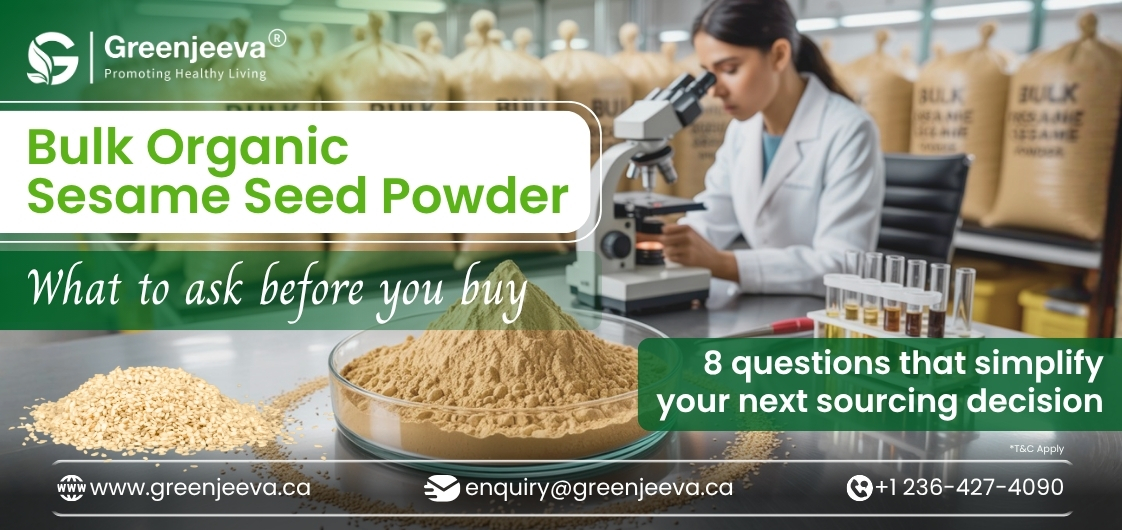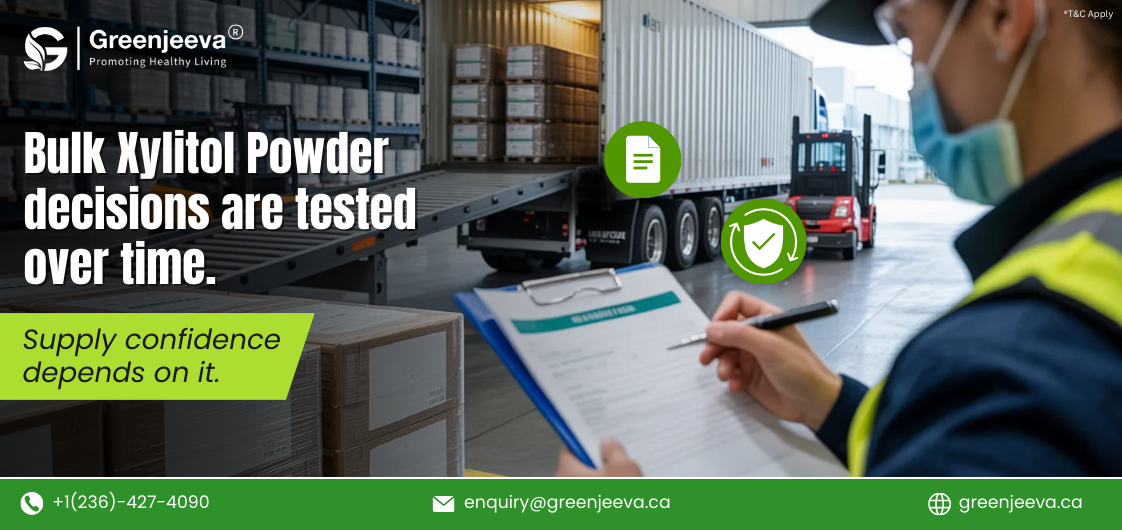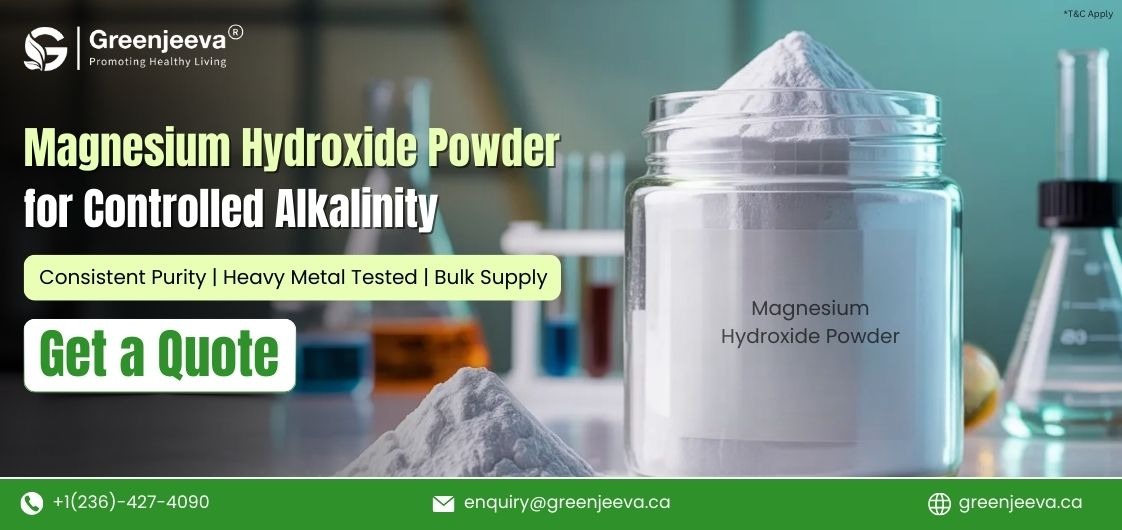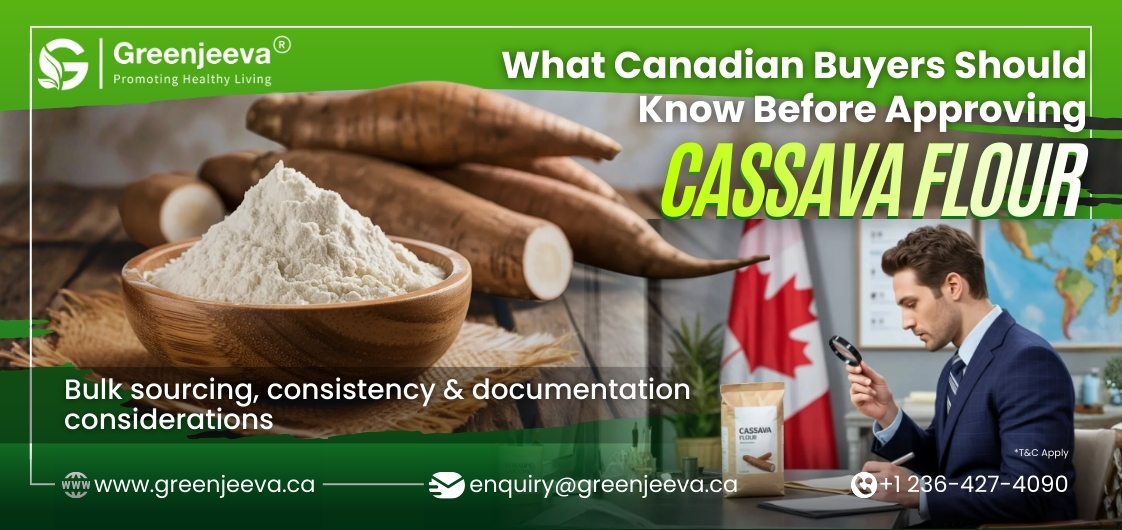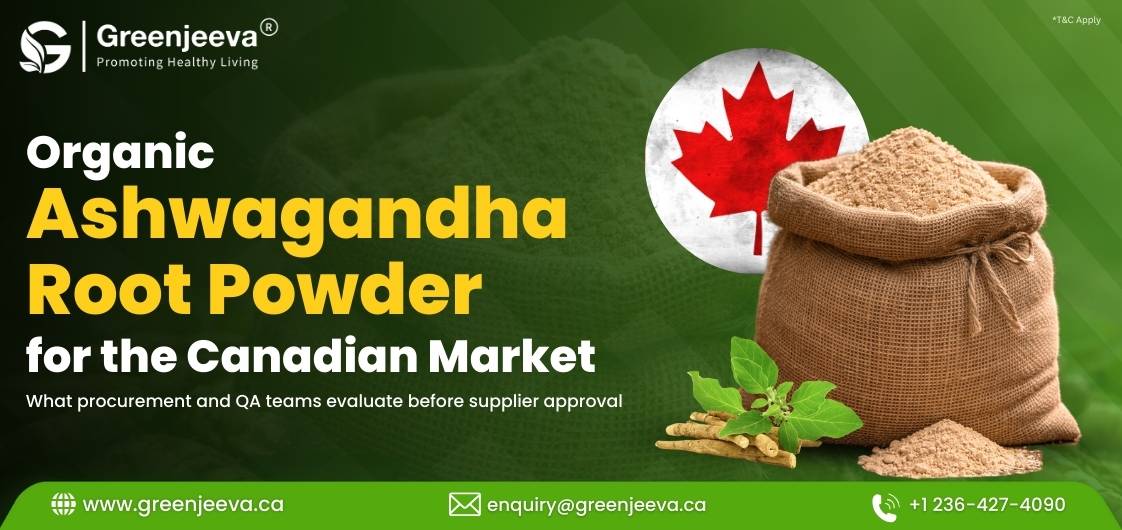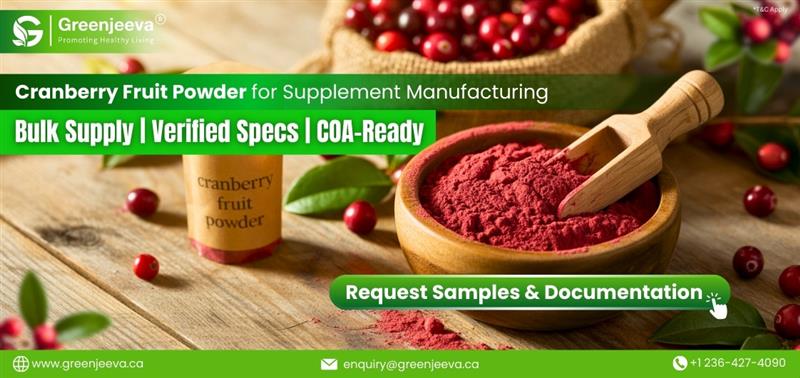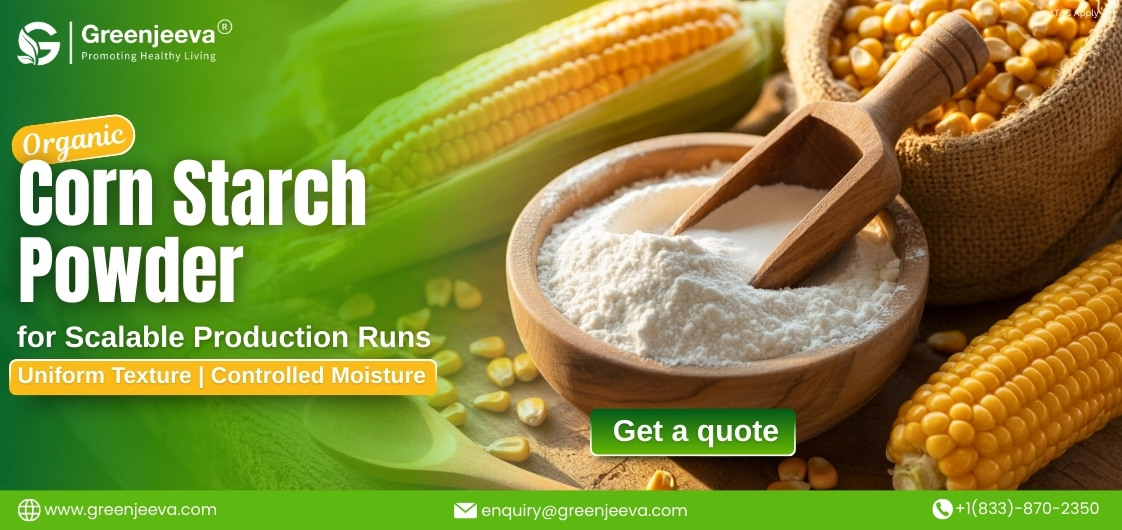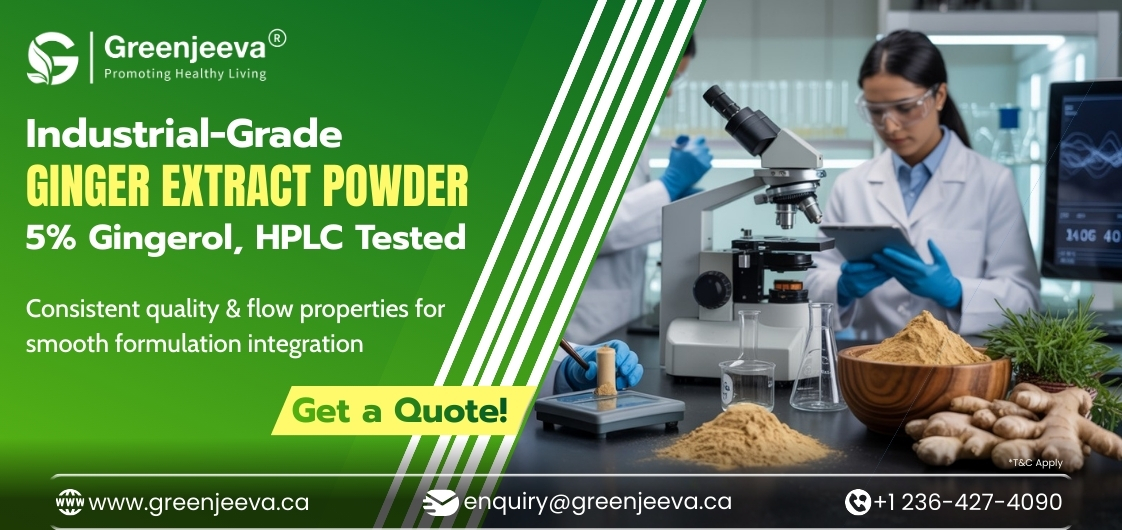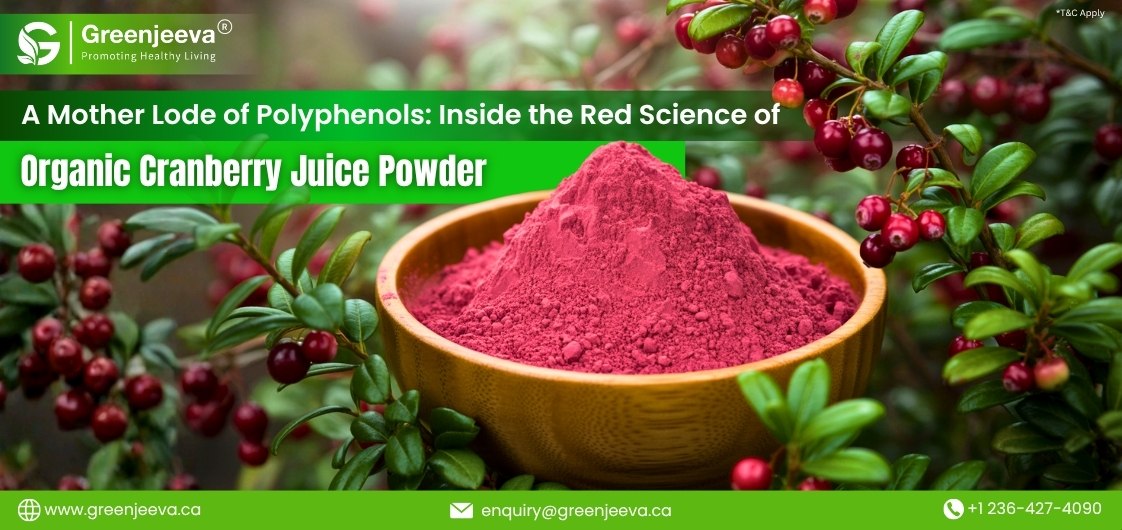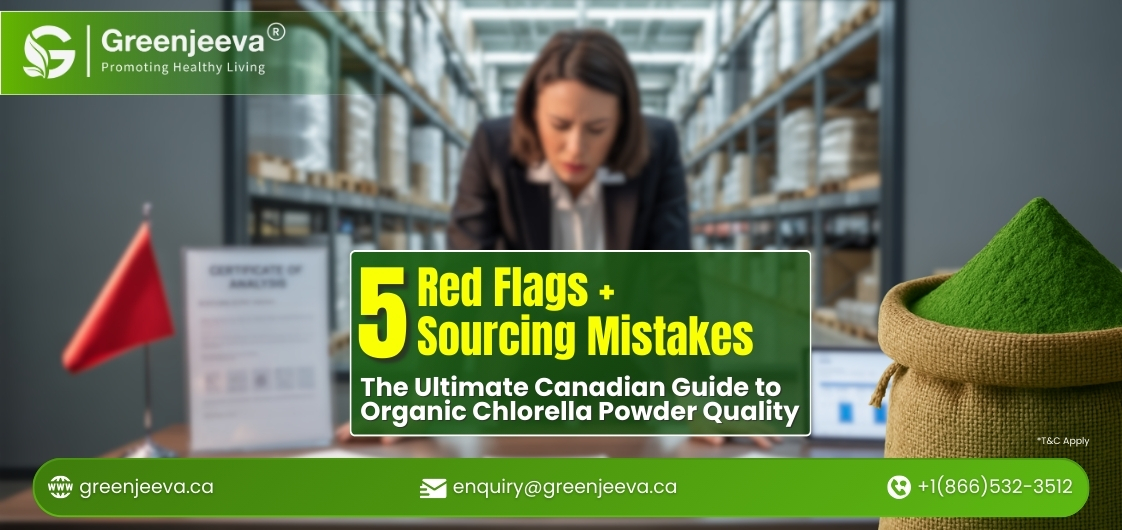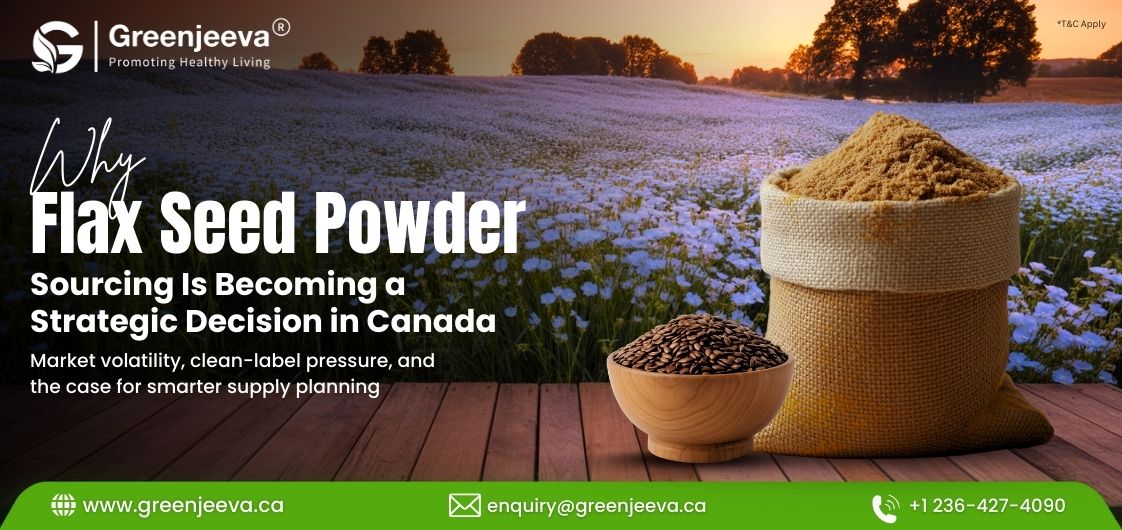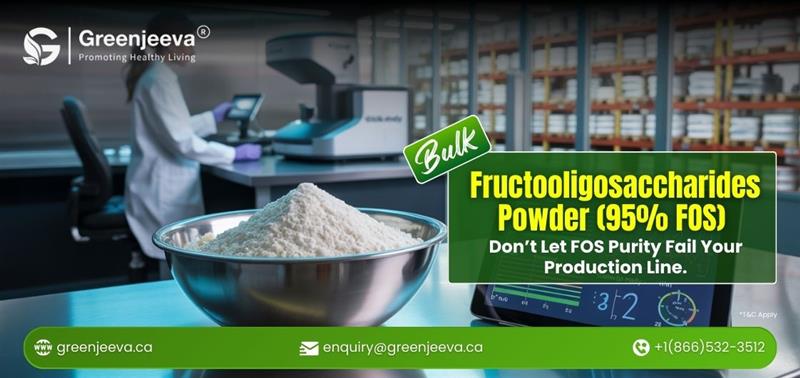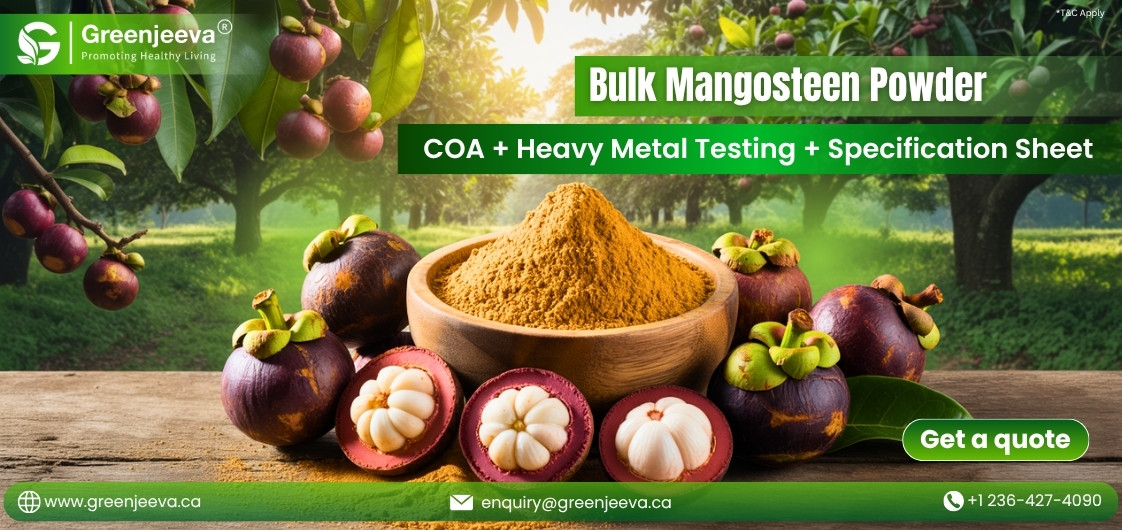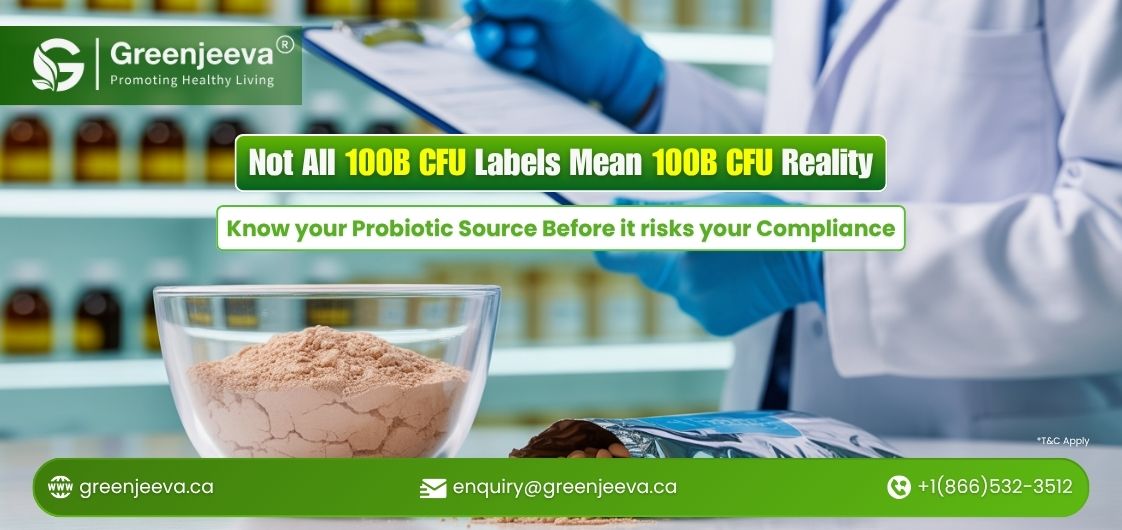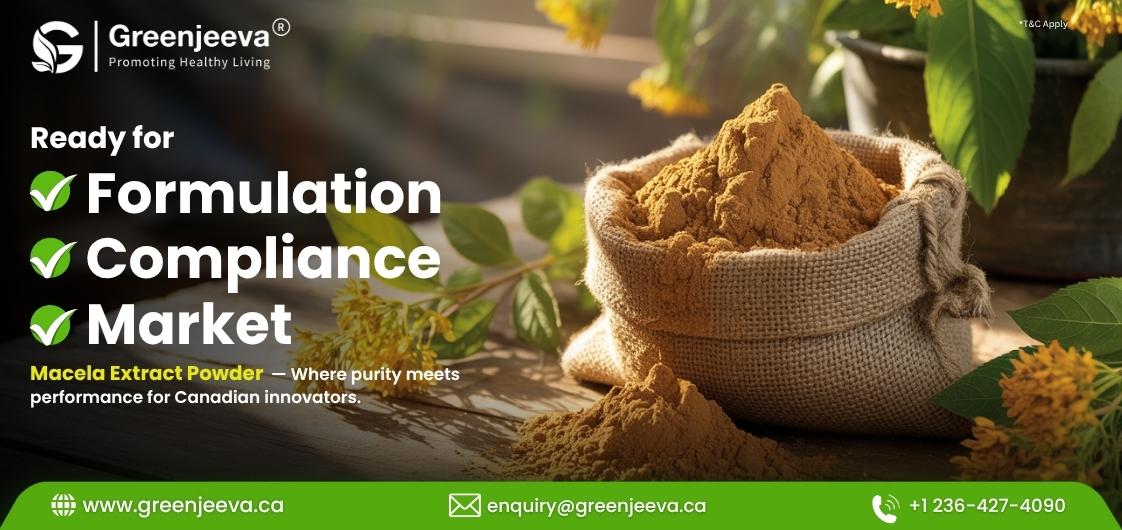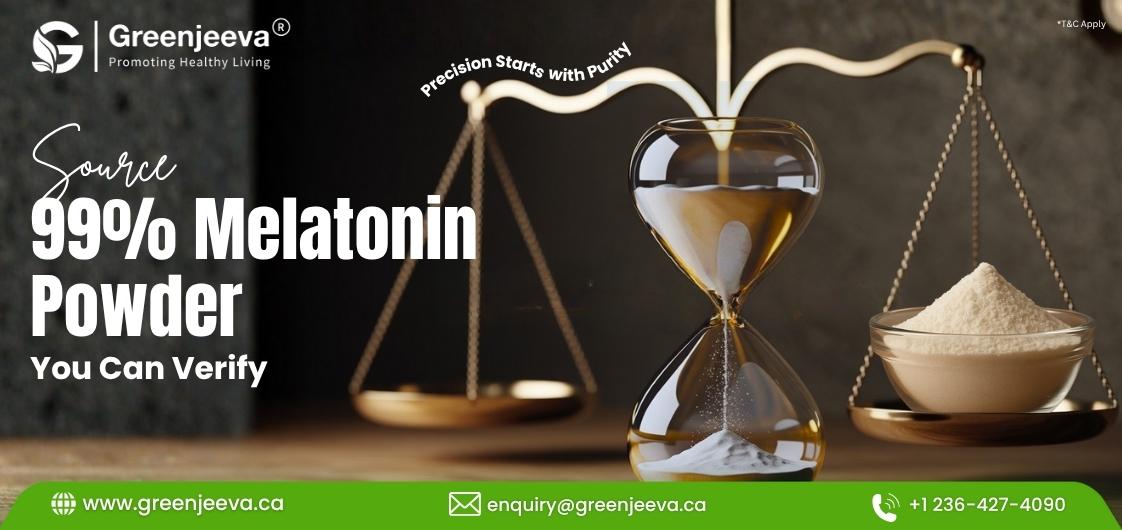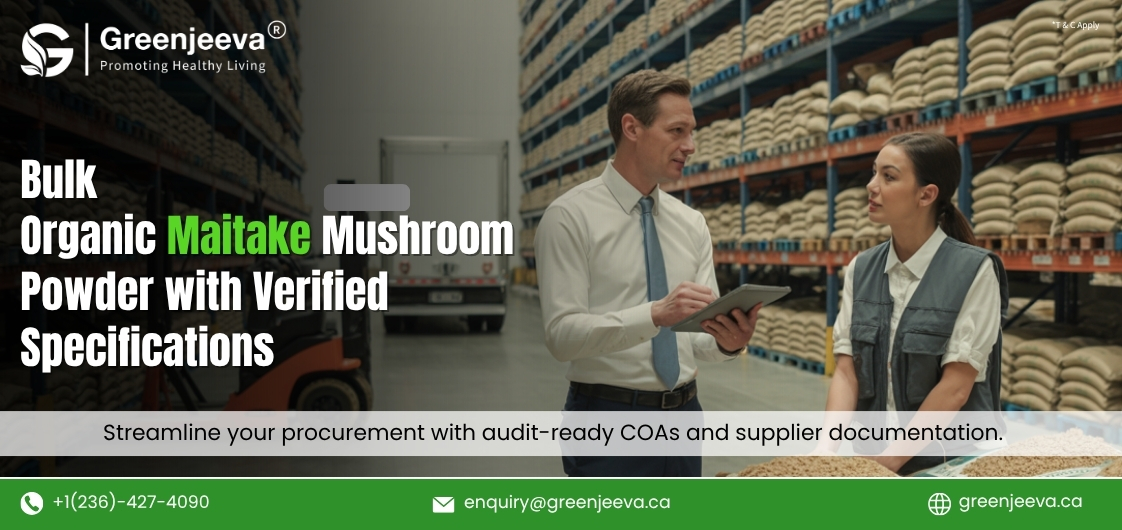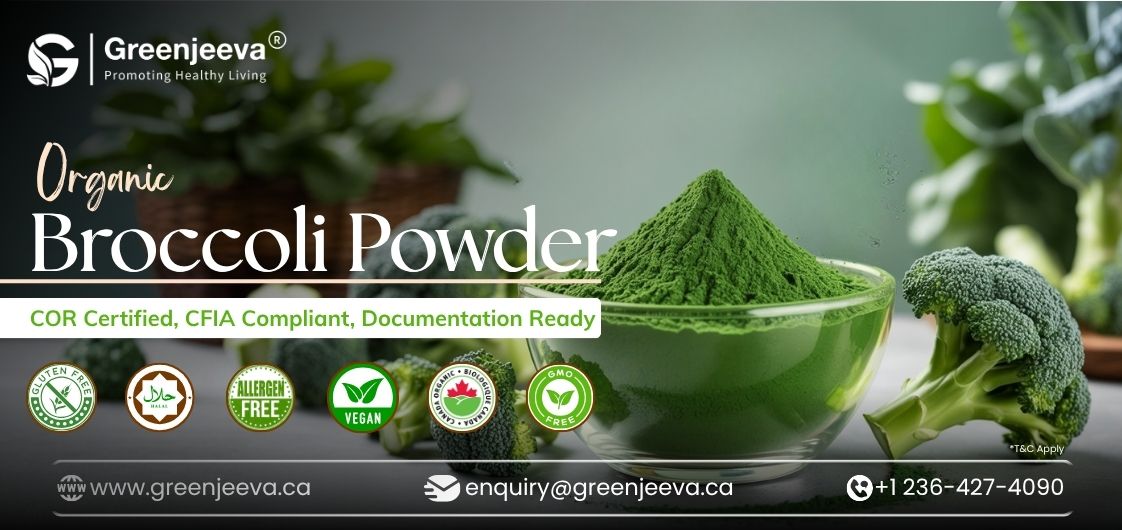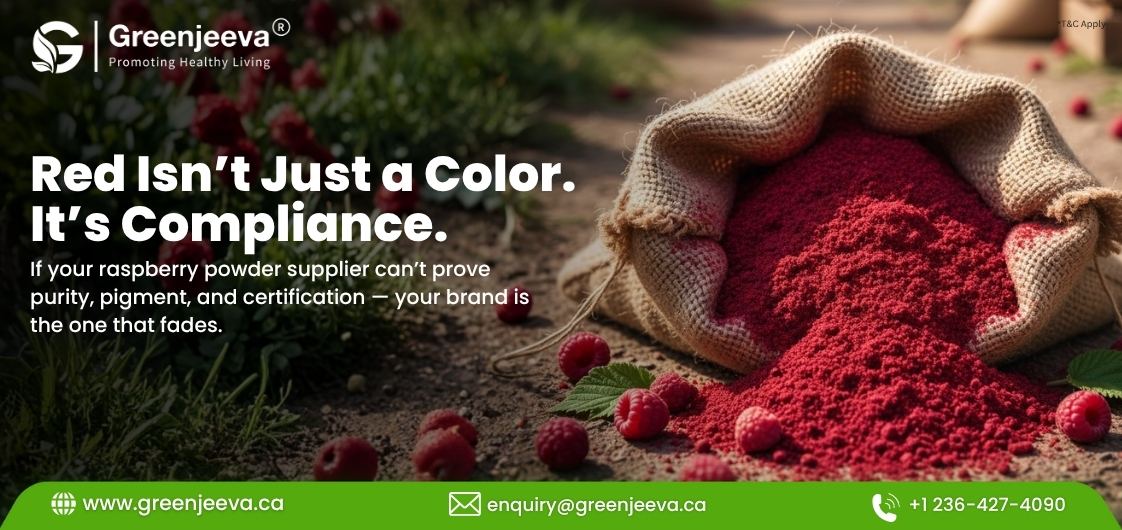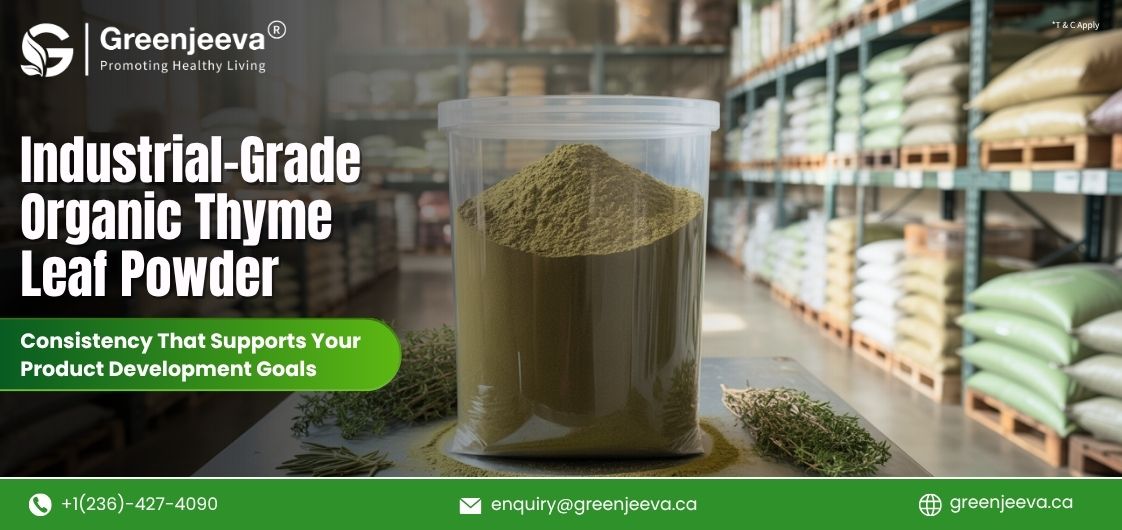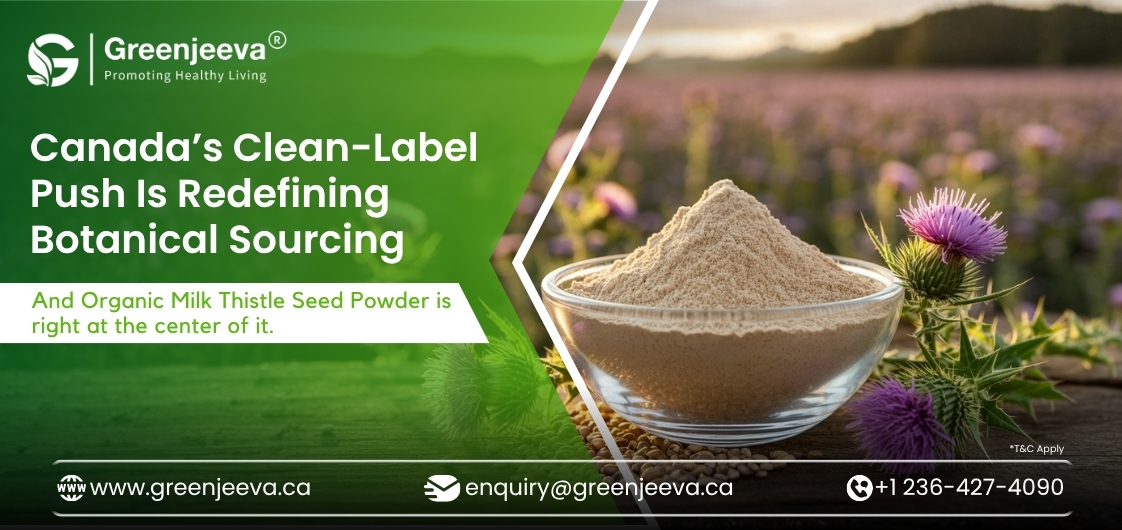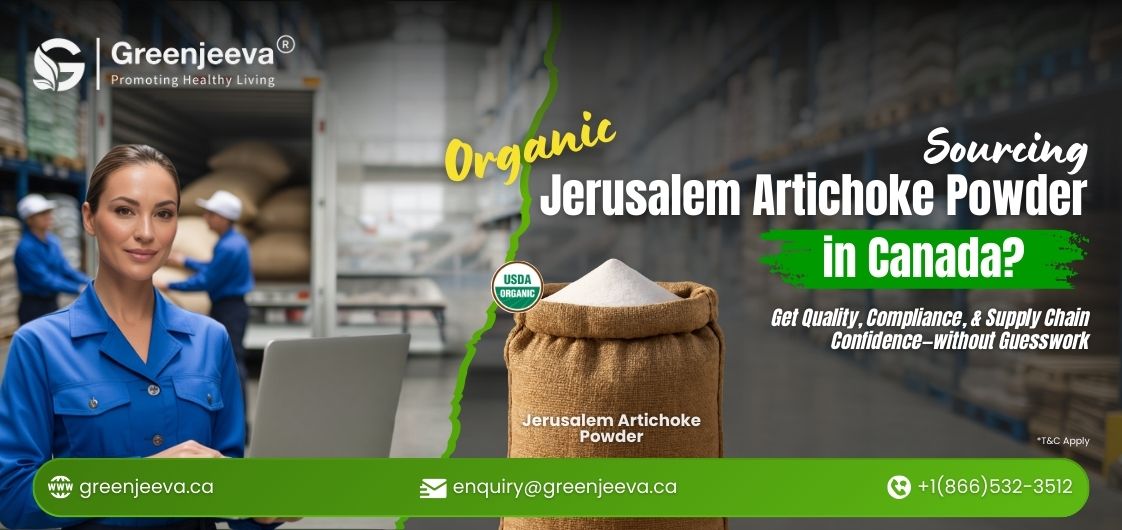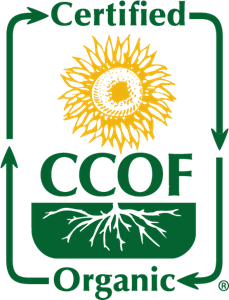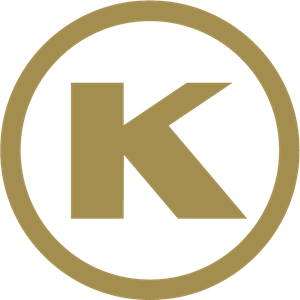Most sourcing mistakes don’t start with a bad product. They start with a missed question.
When procurement teams rush into supplier agreements especially for bulk Organic Sesame Seed Powder small oversights can turn into big formulation issues later. From inconsistent mesh size to missing certifications, every unchecked box adds risk.
Whether you’re in food, beverages, personal care, or pet nutrition, the right questions help ensure your next contract isn’t just cost-effective, but compliance-ready.
Here are eight questions top procurement and R&D teams in Canada are now asking before signing any organic sesame seed powder bulk supply deal.
1. What defines a reliable bulk organic sesame powder supplier?
Reliable suppliers demonstrate transparent sourcing, consistent quality, and documentation that supports full traceability.
In a market flooded with “organic-labeled” powders, reliability starts with visibility. A credible bulk organic sesame powder supplier can demonstrate a traceable sourcing network often through certified organic farms and audited processing units.
Look for clear records on origin, processing method, and lot tracking. Ask about the supplier’s experience handling organic ingredients across multiple industries. Suppliers with an internal QA or in-house lab verification process tend to maintain tighter batch consistency a must for large-scale formulations.
2. Which certifications should organic sesame seed powder suppliers have?
Suppliers should carry USDA Organic, Canada Organic Regime (COR), Kosher, Halal, and food safety certifications like FSSC 22000 or ISO 22000.
When deciding how to choose a reliable organic sesame seed powder supplier, certifications are your first layer of validation.
They confirm that raw materials meet organic integrity standards and that processing is free from prohibited substances.
If you’re sourcing for Canadian production, make sure the certification body is recognized under COR. For export-ready products, dual certifications (like USDA + COR) help maintain flexibility in multi-market formulations.
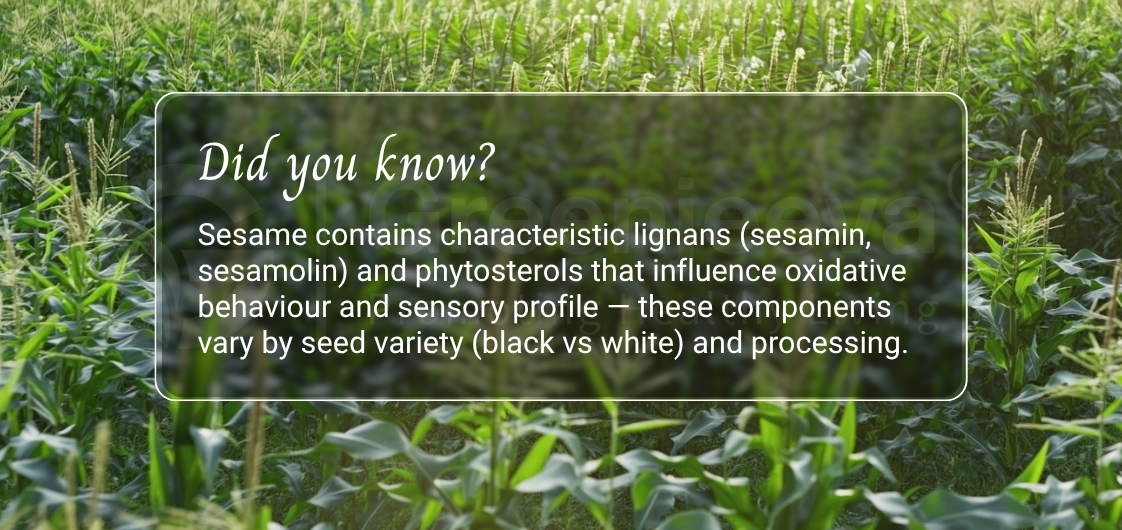
3.How can buyers verify product documentation before signing?
Always verify COA, MSDS, organic certification, and allergen or heavy metal reports before finalizing a contract.
A complete sesame seed powder supplier verification checklist should include a current COA and MSDS, a product specification sheet, and analytical results for heavy metals, microbial count, and moisture.
These documents are your evidence during audits proof that every batch meets your internal and external compliance requirements.
If a supplier hesitates to share documentation pre-contract, treat that as a red flag. Reliable organic sesame seed powder suppliers in Canada typically provide sample COAs even before the first shipment.
4.What are the key specification points to cross-check in bulk Organic Sesame Seed Powder?
Verify moisture, mesh size, color, aroma, and microbial limits they directly affect formulation behavior.
Formulators know that even a minor variation in particle size can alter texture, dispersibility, or batch uniformity.
Check the powder’s color (light beige to tan), moisture level (ideally <8%), and flavor profile.
A clean, nutty aroma indicates freshness and proper drying.
These specifications don’t just meet sensory expectations they also ensure your formulations remain stable and repeatable, especially when scaling up production.
5.How should procurement teams evaluate wholesale pricing?
Wholesale pricing depends on grade, processing type, certification scope, and logistics efficiency.
Price benchmarking is only meaningful when you’re comparing the same product grade.
Wholesale organic sesame powder can come in full-fat or defatted variants, each priced differently depending on oil content and processing method.
Always ask your bulk organic sesame powder supplier to clarify whether the price includes freight, customs clearance, or storage fees.
In a transparent quote, the supplier should explain whether the wholesale pricing reflects spot-market rates or long-term contract stability. The latter often ensures steadier cost control in the long run.
6. What documents are mandatory before signing a bulk contract?
A standard organic ingredient contract should include COA, MSDS, Organic Certificate, Technical Data Sheet, and Allergen Declaration.
Before committing, make sure your supplier provides a full documentation pack:
– Certificate of Analysis (COA)
– Material Safety Data Sheet (MSDS)
– Organic Certification (COR/USDA)
– Technical Data Sheet (TDS)
– Allergen and GMO Statement
– Third-party heavy metal and pesticide test reports
For sesame seed powder bulk supply, these documents form the baseline for both regulatory audits and brand-level transparency.
7.How to assess logistics, shelf life, and storage readiness?
Reliable suppliers maintain controlled warehouse conditions and offer packaging that preserves powder stability.
Ask about packaging specifications multi-layer paper bags with inner liners help prevent moisture ingress and maintain stability during transit.
Confirm the product’s shelf life, usually between 12–24 months when stored under cool, dry conditions.
A dependable supplier should also disclose warehouse conditions and handling standards. This ensures your bulk stock remains compliant throughout its storage lifecycle, not just at the point of purchase.
8.Whatemergingtrends should sourcing teams watch in Canada?
Demand is growing across functional foods, personal care, and pet nutrition due to clean-label formulations and sustainability-driven R&D.
Canadian manufacturers are increasingly incorporating Organic Sesame Seed Powder in:
– Functional foods and beverages for natural protein and emulsification properties
– Cosmetics and personal care formulations for natural exfoliating and nutrient-rich profiles
– Animal feed and pet nutrition for plant-based formulation design
With R&D shifting toward clean-label and allergen-aware development, organic sesame seed powder suppliers in Canada who provide traceable, lab-verified inputs are becoming strategic partners not just vendors.
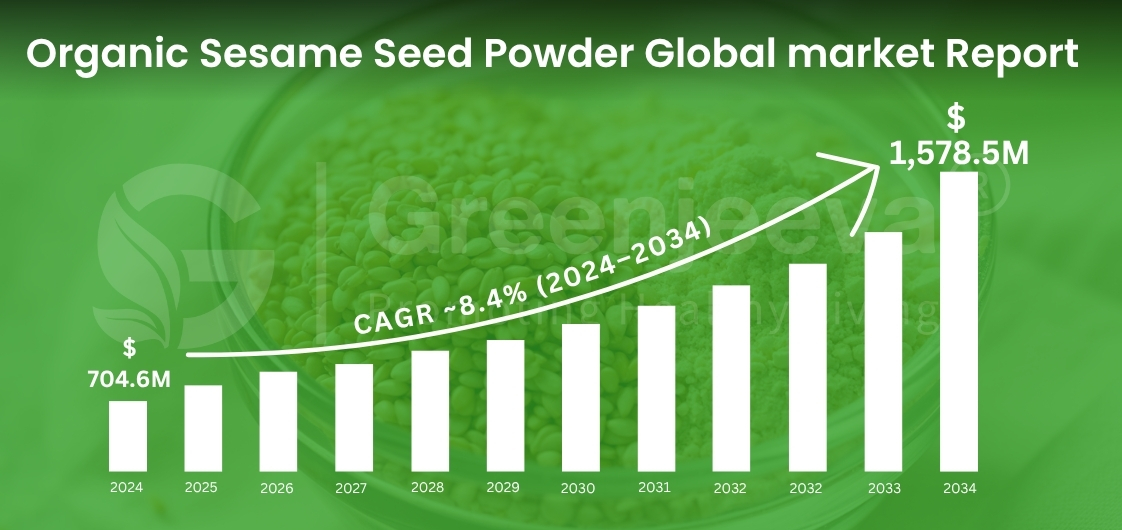
Conclusion
A sourcing decision isn’t just a purchase; it’s a risk management exercise. As the demand for bulk Organic Sesame Seed Powder continues to grow across Canada’s food, wellness, and personal care sectors, supplier verification becomes your best insurance against disruptions.
By embedding these eight questions into your procurement checklist, your next contract won’t just check the boxes it will support quality, compliance, and long-term formulation reliability.
Looking for a verified organic sesame seed powder supplier in Canada that supports transparent documentation and reliable logistics?
Connect with Green Jeeva for organic sesame seed powder bulk supply backed by sample, ready-to-share COA, MSDS, and organic certifications.
Visit Green Jeeva and get a quote today.
**The Food and Drug Administration has not evaluated these statements. This product is not intended to diagnose, treat, cure, or prevent any disease.**


